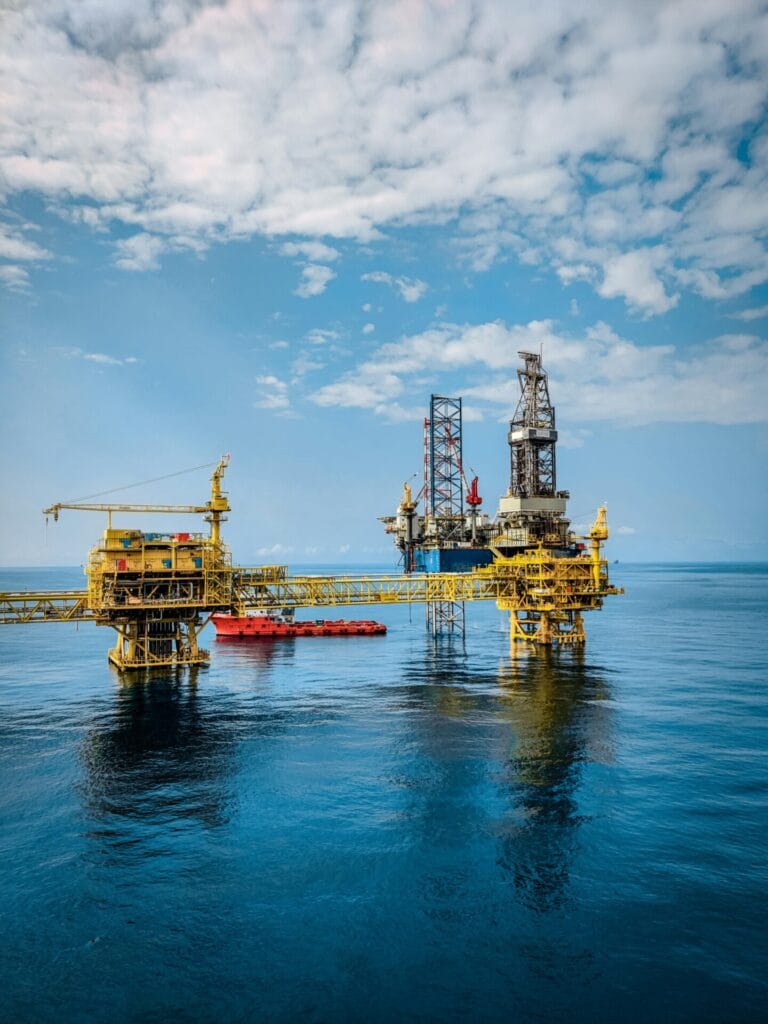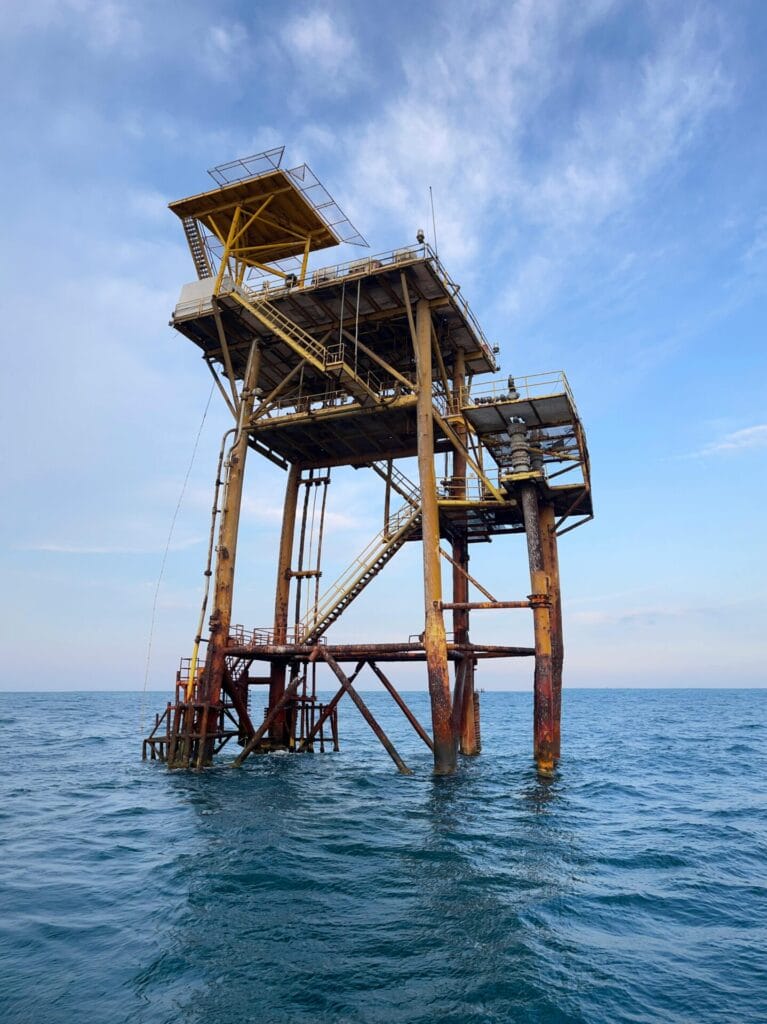Safeguarding Infrastructure: An Overview of Corrosion in the Oil and Gas Industry
In the intricate network of the oil and gas industry, infrastructure integrity is paramount for safety, efficiency, and environmental protection. However, one of the most persistent challenges faced by this sector is corrosion. Corrosion, the gradual deterioration of materials due to chemical or electrochemical reactions with the environment, poses a significant threat to pipelines, vessels, platforms, and other critical assets. Understanding the complexities of corrosion in the Oil and Gas Industry is essential for devising effective prevention and mitigation strategies. At Kent Offshore, we recognise the importance of combating corrosion, offering specialised solutions to safeguard offshore infrastructure.


Types of Corrosion:
- Uniform Corrosion: This is the most common form of corrosion, characterised by a relatively even loss of material over the surface. Uniform corrosion can occur on pipelines, storage tanks, and offshore structures, leading to thinning of walls and reduced structural integrity over time.
- Pitting Corrosion: Pitting corrosion involves localised damage in the form of small pits or craters on the surface of metals. While these pits may appear insignificant, they can penetrate deeply into the material, compromising its strength and potentially leading to catastrophic failures.
- Crevice Corrosion: Occurring in confined spaces such as gaps, crevices, or under deposits, crevice corrosion results from stagnant or trapped electrolytes. This type of corrosion is particularly problematic in the oil and gas industry, where components are often exposed to corrosive fluids and marine environments.
- Stress Corrosion Cracking (SCC): SCC occurs under tensile stress in the presence of a corrosive environment, leading to the formation of cracks and fractures. In the oil and gas sector, SCC can affect pipelines, welds, and components subjected to mechanical loading and exposure to corrosive substances.
Causes of Corrosion:
- Chemical Exposure: Hydrocarbons, acids, salts, and other corrosive substances commonly found in oil and gas production environments can accelerate the corrosion process, especially in the presence of moisture and oxygen.
- Microbiologically Influenced Corrosion (MIC): Microorganisms such as bacteria and fungi can colonise metal surfaces, producing corrosive byproducts that contribute to accelerated corrosion rates. MIC is a significant concern in offshore environments where biofilms can thrive in pipelines and storage tanks.
- Environmental Factors: Offshore installations are exposed to harsh environmental conditions, including saltwater, humidity, temperature fluctuations, and atmospheric pollutants, all of which contribute to corrosion deterioration.
Prevention and Mitigation Strategies:
- Material Selection: Utilising corrosion-resistant materials such as stainless steel, duplex stainless steel, and corrosion-resistant alloys can mitigate the impact of corrosion in oil and gas applications.
- Protective Coatings: Applying coatings and linings to surfaces can create a barrier between the metal substrate and the corrosive environment, effectively preventing corrosion initiation and propagation.
- Cathodic Protection: Cathodic protection systems, including sacrificial anode and impressed current systems, can be installed to control corrosion by shifting the electrochemical potential of the metal structure.
- Monitoring and Inspection: Regular inspection, testing, and monitoring programs are essential for detecting corrosion-related issues early and implementing timely maintenance and repair interventions.
Kent Offshore: Leaders in Corrosion Prevention and Preservation At Kent Offshore, we specialise in providing comprehensive corrosion prevention and preservation solutions tailored to the unique challenges of the oil and gas industry. Leveraging our expertise, advanced technologies, and innovative approaches, we help clients safeguard their offshore infrastructure, minimise downtime, and maximise operational reliability. From corrosion-resistant materials to protective coatings and cathodic protection systems, we offer a diverse portfolio of products and services aimed at ensuring the long-term integrity and performance of critical assets. With Kent Offshore as your trusted partner, you can navigate the complexities of corrosion with confidence, knowing that your infrastructure is in capable hands.

